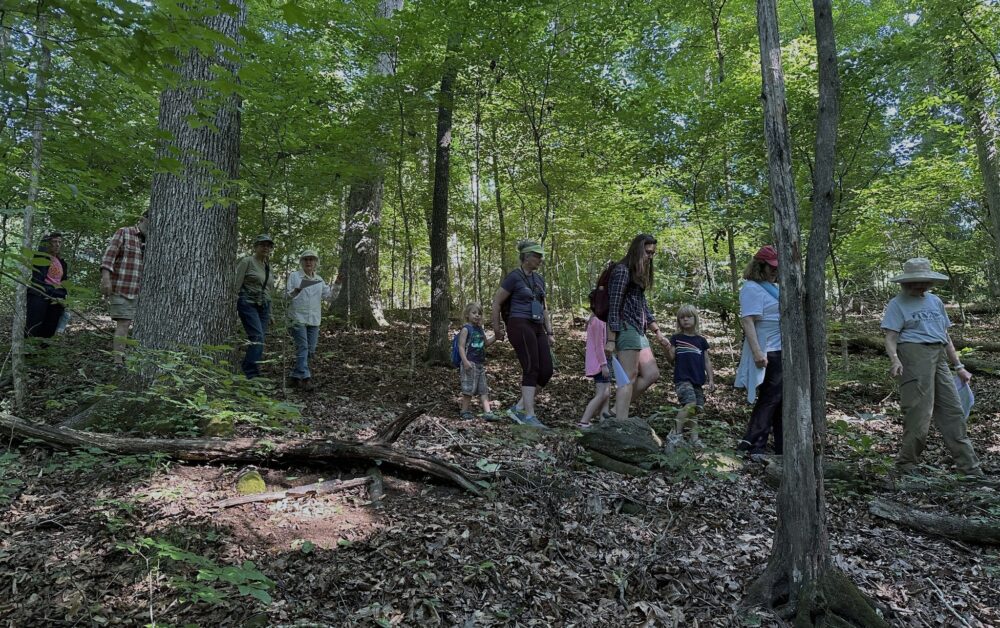1. My pick of the week: Talkative Bacteria and Eavesdropping Viruses. The molecular biologist Bonnie Bassler is deciphering the chemical languages that bacteria use to coordinate their assaults on a host. Don’t shy away from this – it’s not about chemistry. It’s a down-to-earth discussion with a passionate researcher who can simply explain what she does and why. It’s available as a podcast or a transcript, your choice. (link)
2. A BBC podcast: The Life Scientific. Inside the mind of a forensic botanist, Mark Spencer tells Jim Al-Khalili how plant evidence can help to solve crimes. (link)
3. How a plant in Mexico’s tropical forests revolutionized life for women. (link)
4. Pandemic reports for Georgia. Medical microbiologist Amber Schmidtke, Ph.D., has been posting very informative pieces on the progress of the pandemic in Georgia. You can see the current report at this link. They are lengthy, but informed and informative. If you want accurate explanations of everything related to the pandemic, her posts are the way to find it.
5. Earth is in the midst of an insect apocalypse, with thousands of species dwindling over the past several decades. Scientists have often blamed habitat loss or pesticide use. But a new study of butterflies in the western United States has found that warmer fall weather may be taking as big, if not a bigger, toll. (link)
6. This sea slug cut off its own head-and lived to tell the tale. (link)
7. Technological advances offer new ways to investigate the contribution that changing climate and genes have made in shaping past migrations by peregrine falcons. Can this help to predict the fate of future migrations? (link)
8. How science wiped out the invasive pink bollworm in the u.s. (link)
9. Richard Saunders recommends this NYT Sunday Review article: The Secret Life of a Coronavirus. It’s by Carl Zimmer, an outstanding science journalist and author of 13 books. (link)
10. In case you missed this: Is this the end of forests as we’ve known them? ‘Now’s a good time to go visit national parks with big trees.’ Trees lost to drought and wildfires are not returning. Climate change is taking a toll on the world’s forests – and radically changing the environment before our eyes. (link)
